The world’s first study of its kind highlights the potential value of surgery to treat a specific kind of brain cyst that blights the lives of patients.
In a paper just published in eClinicalMedicine (opens in a new tab) experts at Cambridge University Hospital (CUH) NHS Foundation Trust say while more research is needed, it delivered positive results for patients.
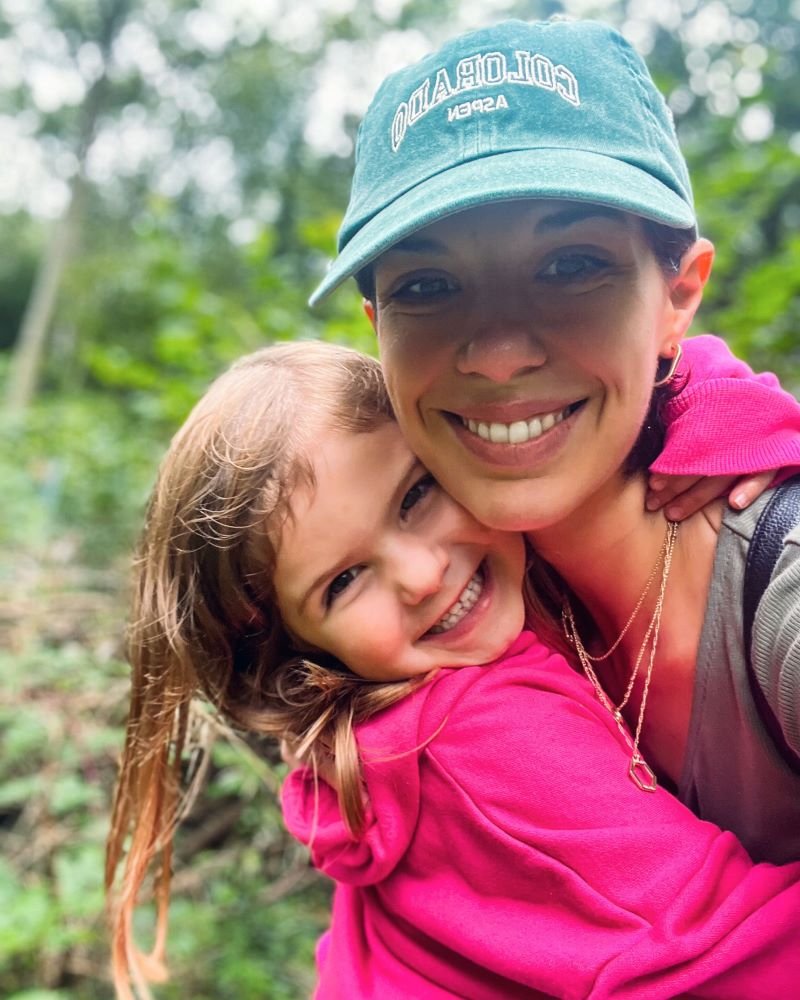
Among the volunteers was mother of three, Lydia Griffin, from Suffolk, who after a lifetime of agonising headaches and other symptoms she feels were dismissed, describes her treatment as a “miracle” (see Lydia’s story below).
Pineal cysts (PCs) are non-cancerous and surgical intervention is rarely needed unless there is obvious enlargement of brain fluid spaces - called hydrocephalus – which is typically managed with a surgically implanted valve – called a shunt - to drain it away and reduce pressure.
Historically it was assumed that all other PCs are asymptomatic, but growing medical evidence describes a subset of patients who are symptomatic, despite the absence of obvious hydrocephalus, says the paper.
Known as non-hydrocephalic symptomatic pineal cyst (nhSPC) syndrome, it is characterised by headaches, nausea and vomiting, visual disturbances, gait instability, fatigue and cognitive impairment.
The relatively non-specific nature of the symptoms, their overlap with other conditions and likely coexistence of other conditions and their unclear mechanism, lie at the core of the controversy regarding the very existence of nhSPC syndrome.
The CamProS-PC study, ran between January 2019 and May 2024 and involved 40 CUH Neurosurgical Department patients with nhSPC syndrome.
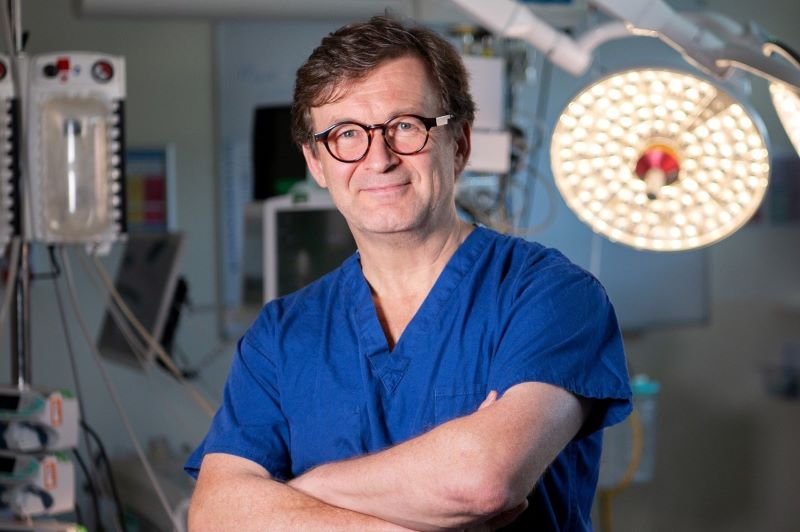
All surgeries were performed by consultant neurosurgeon, Mr Thomas Santarius, whose aim was to deflate the cyst and remove sufficient amount of the wall of the cyst, balancing the risk of recurrence against the risk of injuring surrounding structures.
Afterwards over 90 per cent of patients reported improvement of symptoms and there was significant improvement in global quality of life and Role Functioning (RF) at three months, and 12 months in this group of patients. The results support positive reports from an increasing number of neuroscience centres across the world.
The paper says:
The CamProS-PC study is the first prospective cohort study to rigorously investigate the efficacy and safety of surgical management of patients with severe nhSPC syndrome. It demonstrated significant benefits to health-related quality of life and symptomatic burden
It provides evidence to justify a randomised placebo-controlled trial of safety and efficacy of PC resection compared to conservative management in patients with severe symptoms.
Mr Santarius said:
This is a poorly understood and currently poorly managed condition and this study is a major step forward in the understanding of the role of surgery. However, many uncertainties remain and, as such, this condition is best managed in the context of a controlled clinical study.
We are therefore planning to develop a randomised controlled trial to bring more clarity to understanding of the symptoms, influence of possible co-existing conditions, and the role of surgery in the management of patients with this condition.
Mr Thomas Santarius
He thanked supporters of the study - patients, CUH staff, the Cambridge Clinical Trial Unit, the NIHR Global Health Research Group for Acquired Brain and Spine Injury, the NIHR Cambridge Biomedical Research Centre, the Royal College of Surgeons of England and the Wellcome Trust (ISSF Fund).
Lydia Griffin’s story
A mother-of-three who joined the study after a lifetime of excruciating pain said of her surgery today: “It was like a miracle”.
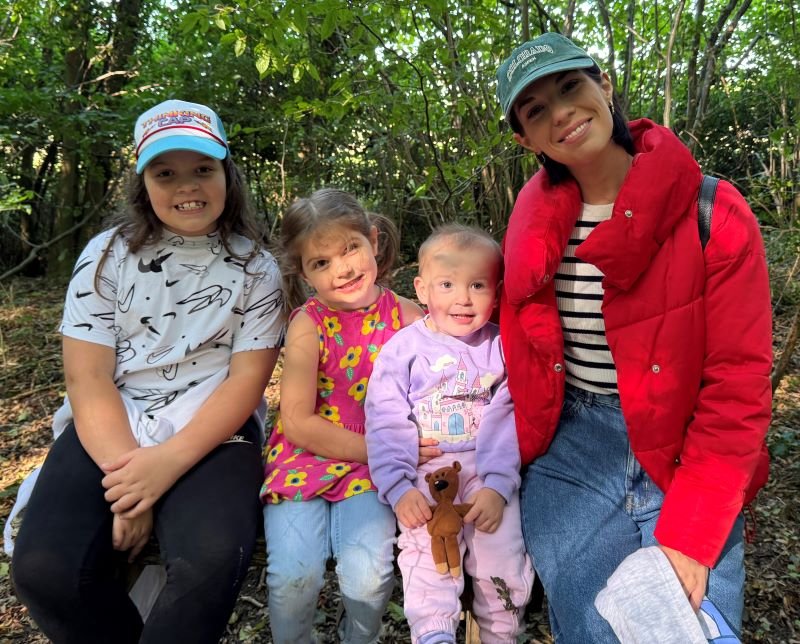
Mrs Lydia Griffin, 33, from Halesworth, Suffolk, says she is virtually symptom-free having suffered from excruciating headaches, nausea, fatigue, and other symptoms that began as a child but were dismissed by doctors.
She said:
It’s been so incredible I can hardly put it into words. Just five or six days after the operation I started feeling better. Agreeing to a surgery like that was a huge undertaking – but the change was like day and night.
Lydia Griffin
Lydia began waking up at night from the age of six with splitting headaches, and various trips to the local GP ensued before she was referred to her local hospital for an MRI. The results were shared with Addenbrooke’s, which confirmed the presence of a large, but benign, pineal cyst.
Years of monitoring and medication passed with the symptoms just about manageable until 2019 when Lydia – who by this time was married with two young children and a dog - suddenly had a headache which was “on a different scale”.
After another MRI, she found herself in front of Addenbrooke’s consultant neurological surgeon Professor Tom Santarius who, after measuring the pressure in her skull and finding it normal, diagnosed non-hydrocephalic symptomatic pineal cyst (nhSPC) syndrome. He went through the various options – including surgery and his study.
A year and much family discussion about what to do passed - during which time Lydia’s headaches got worse and were accompanied by nausea and tinnitus. By August 2023, when her vision was affected too, she opted to have the cyst removed.
It had grown to 30mm across and - although it was a marathon day-long procedure to remove it - the change was almost immediate.
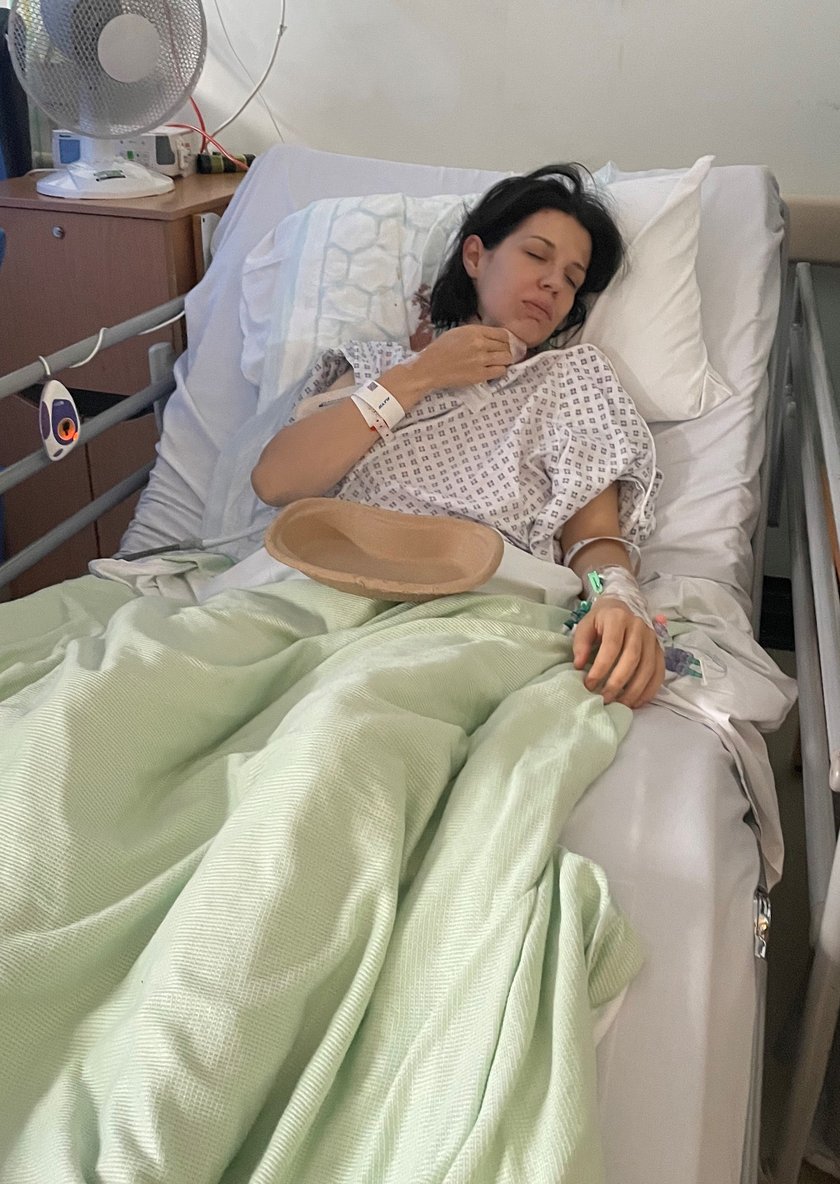
After a week in hospital, she was home enjoying life with civil engineer husband Carl and daughter’s Charlotte, now 11, Alice, six, and Elizabeth, aged four. She returned to her job as a GP’s medical secretary and her brother’s business to help with administration.
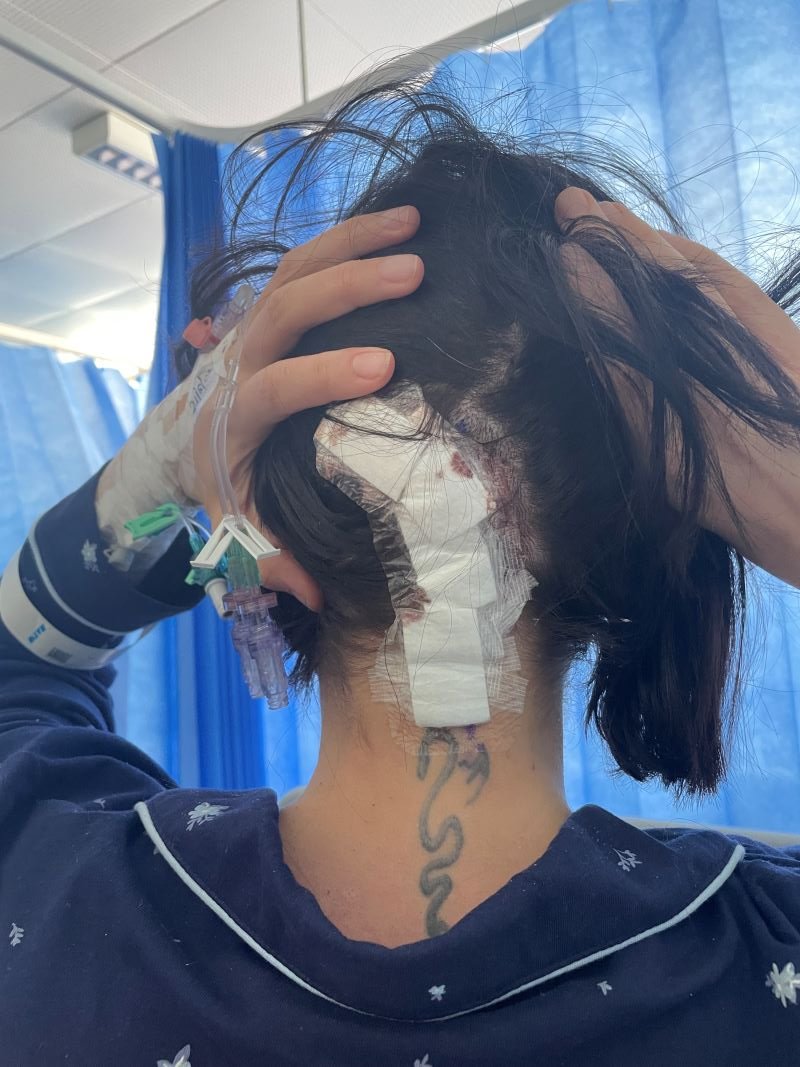
Lydia said:
It had been so difficult to get doctors to understand my condition and take it seriously, but the moment I met Tom all that changed. He knew exactly what was wrong with me and inspired such confidence that by the time it came to the operation, I felt calm.
In fact, putting the children to bed the night before was the hardest part – I needed my life back to be able to look after my family, but equally I knew the risks were ‘up there’
Immediately after surgery I was in a great deal of pain, but a week later I was getting my life back, and two weeks after that I was able to return to work. After all I’d been through it was like a miracle, and I can’t thank Tom enough for that.
Lydia Griffin

